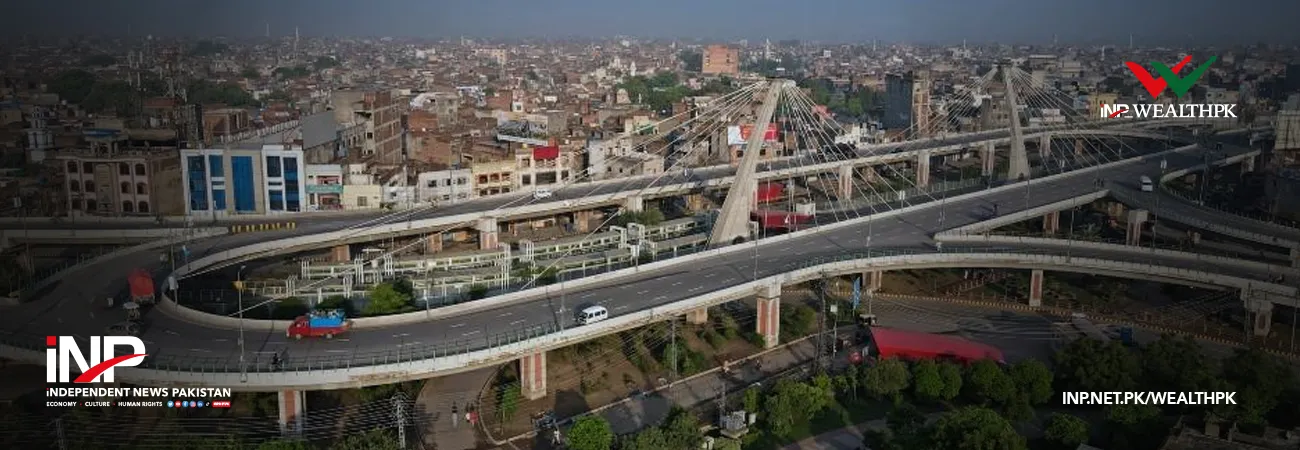INP-WealthPk
Ayesha Saba
Pakistan must invest in social infrastructure development to minimise the risks to the country's economic growth both internally and externally. This was stated by Muhammad Mugheez Farooq, energy auditor, National Productivity Organisation (NPO). Talking to WealthPK, he said the most important social indices are education, health, employment and gender equality. “Rural and urban low-income communities in Pakistan live in poorly-serviced settlements, where lack of basic infrastructure and poor environmental conditions seriously impact people’s health, education, security and productivity.” He said that Pakistan needed to bring population growth under control, invest more in health and education and enhance women labour force participation through domestic resource mobilisation.
He said that through its ‘Social Sector Development Programme’, NPO had adopted a strategy targeted at selected rural communities in all the provinces of Pakistan to promote productivity-related measures and empower women entrepreneurs and low-income people through skill development. Mugheez Farooq added that NPO had developed the Women Entrepreneurship Development System (WEDS) to improve the competitiveness of women entrepreneurs, who want to move from a home-based business to a fuller commercial venture. “We have successfully established a pilot WEDS in Multan housing around 10 women entrepreneurs.”
“Pakistan will have to develop its labour force (human resources) and switch from low to high-productive economic activities,” he said. Ijaz Ali, an economist at the Centre of Business and Economic Research (CBER), Institute of Business Administration, Karachi, told WealthPk that Pakistan was struggling with a high population growth rate and widespread poverty. He said that inequalities persisted in Pakistan as human capital gaps remained the same over time between rich and poor households, men and women and rural and urban areas. He said the IMF's structural adjustment programmes in Pakistan had resulted in tax hikes (especially on consumption), and cutbacks in public expenditure, particularly on the development and social services.
“These cutbacks pose a serious threat to essential services like healthcare, education and infrastructure. Decreased investments in these critical areas have the potential to seriously impede human capital development and jeopardise the prospects for long-term economic growth,” he explained. He said that as Pakistan was at the lowest rung of development, it should focus on developing the basic determinants like institutions, infrastructure, macroeconomic environment and education. He said based on several criteria, Pakistan was one of the poorest performers in South Asia.
“The government and policymakers should make a feasible and non-discriminating policy to enhance the physical and social infrastructure stock in the country in order to achieve the desired goals of economic growth,” the IBA economist suggested. A recent study conducted by the World Bank shows that Pakistan’s Human Capital Index (HCI) of 0.41 is low both in absolute and relative terms, which means that a baby born in Pakistan today will only be 41% as productive as they could be if they enjoyed complete education and full health. Indeed, Pakistan’s human capital outcomes are more comparable to Sub-Saharan Africa, which has an average HCI of 0.40, shows the WealthPK research.
Credit: INP-WealthPk













